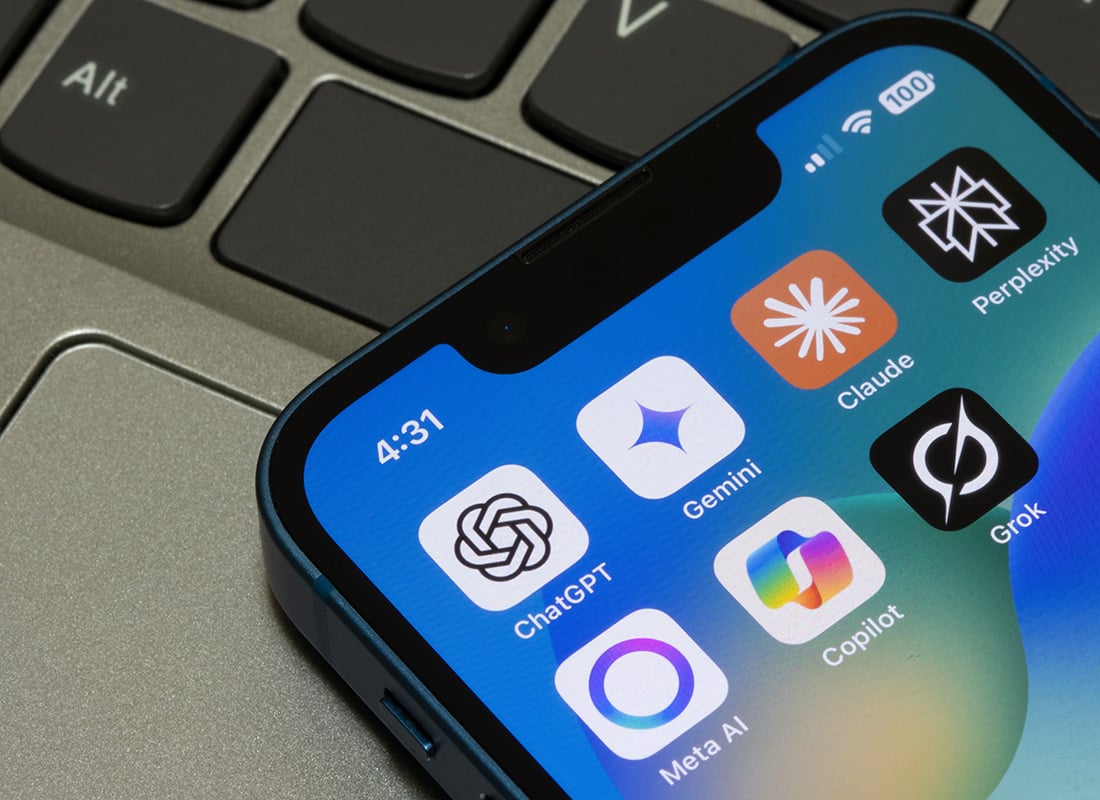I would suggest 80 per cent plus will tell a story where Eric Morecambe is the focus. Yet Eric needed Ernie (Wise) to be the star he was. It was only late in their careers that Ernie’s role was fully appreciated.
Until the last two years, the focus has been on bitcoin, a digital currency, for good or ill. In the recent past, the underlying mechanism which drives bitcoin - the blockchain - has developed a life of its own. Even if bitcoin fails, the blockchain lingers on is the clarion call. Blockchain is argued now to be more significant than the digital currency.
Every few weeks or so another claim is made about the disruptive potential of the blockchain across many industries. Blockchain is a distributed ledger with high fault tolerance. The central challenge in distinguishing between hype and hope for the blockchain mechanism is timing.
I did a Google search for ‘Blockchain will’. For reasons I don’t think matter, I did the search twice over two-weeks apart. Only 30 of the top 50 appeared in both. Clearly there is something going on.
What I wanted was to see what advocates of blockchain think is the destiny, rather than what could or might happen.
At one level there is a strong set of coherent values. In my search, blockchain will cause massive disruption to industries, promote disintermediation, support bottom up ‘smart contracts’, undermine the business models of monopoly rentiers (Uber, Airbnb… ), secure the IoT, solve the problems of hyperlocal models, reward creatives for their endeavours, revolutionise property chains, certify art works and many more. Never mind that after 50 years we still haven’t scaled micropayments, blockchain will deliver pico-payments.
In the digital currency space, the argument is that blockchain will overcome financial exclusion and deliver finance to the 2bn inhabitants of the planet who do not get addressed by current banking and insurance.
There is a strong libertarian, anarcho-syndicalist or communitarian streak across the blockchain universe. Yes, the hippies are back: ‘Make blockchains, not war’. The future is about self-organising communitarian values (the Judean People’s Popular Blockchain), rather than the BBC (British Blockchain Corporation) ‘sensor will speak unto sensor’.
The clearest clash is over energy. On one hand there are advocates who argue that blockchain and smart grids will help tackle global warming and also those who argue that the energy requirements of scaling blockchains are unsustainable.
My own view is that the potential of blockchain is highly significant. It may be as significant to the next wave of innovation as the browser was to the web. However, I think this is the start of a 30-50 year journey, rather than a get-rich-quick exercise. For me, I worry that blockchain enthusiasts may kill the potential by over-promising and under-delivering.
Let me take the case in regards to the IoT. Imagine a well-funded scientist wanting to work with the IoT to model global warming. Part of the experiment is to build a global network of temperature measurements of air and water. It is 2030, there are 1 trillion devices on the internet of things, with 1 billion visible objects which measure temperature. So, with no intermediary, my set of thermometers in Shropshire will find all the other devices globally willing to supply me with a temperature and their location and, if necessary, negotiate a payment.
For a start, will smart IoT contracts need to be sharia-compliant to be global? So my sensors will want to know if a thermometer in a car is measuring inside or outside temperature. Thermometers in steel foundries are not of interest. The protocols for this look hideously complex. ‘Q. Are you a thermometer? A. I’m a home system.’ To realise this globally disintermediated world, it seems to me that we need a digital Esperanto. How realistic do you think a single global language for the IoT is?
What would the energy, bandwidth and latency requirements be for this disintermediated world?
Imagine a skyscraper with thermometers outside on each floor. My thermometer will need to get those details to make sense of say a five degree variation in temperature at the same GPS location.
Now history suggests that network technologies go through waves of disintermediation, followed by reintermediation around new propositions. It seems to me more plausible that a ‘temperature’ intermediary might arise which would allow sensors willing to be visible to register. Surely that would be more efficient?
2017 will mark the 130th anniversary of Esperanto. I think we can all agree that it has not delivered on its initial vision. Blockchain is potentially hugely significant in my opinion, but not on a 5-10 year time frame. My worry is that over-hype at this stage of its development will be to create a 21st Century digital Esperanto. Estus malproduktive fari ion tian.

















